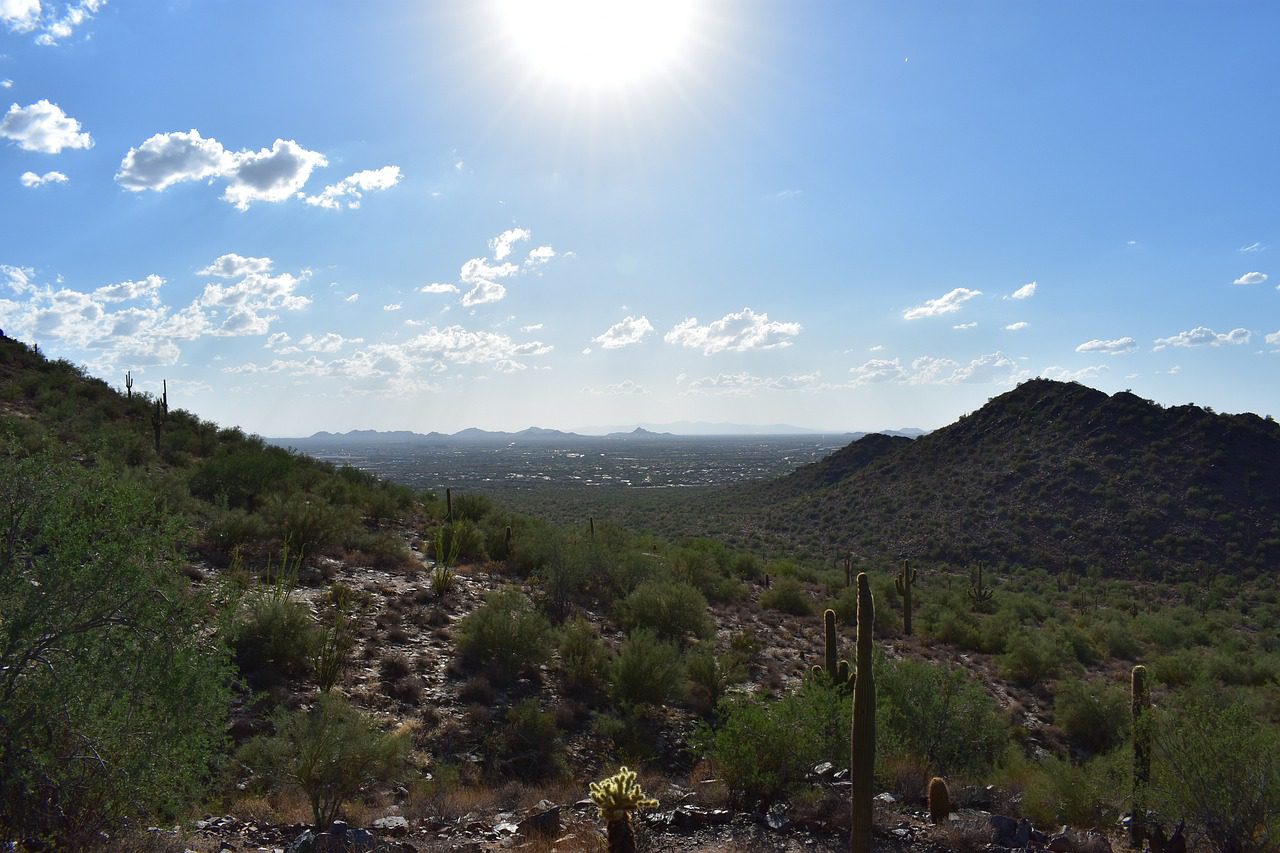- State issues cease and desist order to stop illegal subdividing.
- Developers accused of building without assured water supply.
- Action aims to protect consumers and preserve water resources.
October 25, 2024 — This week, the Arizona Department of Real Estate (ADRE) issued a cease and desist order to prevent illegal subdividing—often referred to as “wildcat development”—in the Rio Verde Foothills area east of Scottsdale. The move comes as part of Governor Katie Hobbs’ directive to crack down on developers who evade Arizona’s consumer protection and water security laws.
Developers Accused of Evading Water Laws.
ADRE alleges that a real estate developer failed to obtain a subdivision public report, which is required under state law. This report includes a certificate of assured water supply from the Arizona Department of Water Resources or a written commitment of water service from a designated provider—essential for developments within Active Management Areas (AMAs). By not securing this certificate, developers put consumers at risk and strain Arizona’s limited water resources.
“Today I am glad to report the Arizona Department of Real Estate has taken swift action to prevent what it believes is a blatant evasion of consumer protection and water security laws,” said Governor Hobbs . “Rio Verde Foothills has suffered enough as a result of bad apple developers skirting the law and building without first securing a water supply.”
. “Rio Verde Foothills has suffered enough as a result of bad apple developers skirting the law and building without first securing a water supply.”
Background on Rio Verde Foothills Water Issues.
Rio Verde Foothills is an unincorporated community in the greater Phoenix area that lacks a municipal water supply. Residents relied on water hauled from nearby Scottsdale, but that supply was cut off on January 1, 2023. The issue led to legal battles and prompted state intervention.
In June 2023, Governor Hobbs signed Senate Bill 1432 into law. The legislation aimed to provide a short-term solution for water accessibility and management in AMAs, requiring additional research and analysis of water supply certificates for residential projects. It also regulated water service delivery through standpipe systems, providing water to communities lacking sufficient access.
Need for Legislative Action.
While the cease and desist order is a significant step, Governor Hobbs emphasized that more needs to be done. “While we can take action in this case, our laws still fall short of offering true solutions that protect consumers,” she said . “We must take legislative action to crack down on the loopholes being exploited by developers to profit at the expense of everyday Arizonans.”
. “We must take legislative action to crack down on the loopholes being exploited by developers to profit at the expense of everyday Arizonans.”
Attorney General Kris Mayes echoed this sentiment, stating , “Protecting consumers from unscrupulous developers is a top priority for the Attorney General’s Office.”
, “Protecting consumers from unscrupulous developers is a top priority for the Attorney General’s Office.”
Future Steps.
ADRE’s enforcement action is intended to prevent the final sale of homes in the affected development until a reliable, 100-year water supply has been identified and proven. This measure is designed to protect both consumers and Arizona’s water resources.
In the meantime, officials urge legislative bodies to introduce and pass laws that close existing loopholes, ensuring that all future developments comply with water security and consumer protection requirements.

